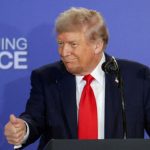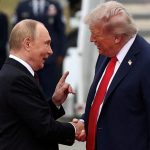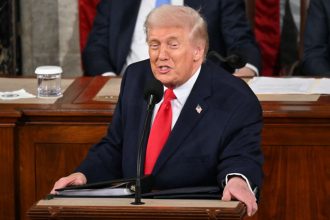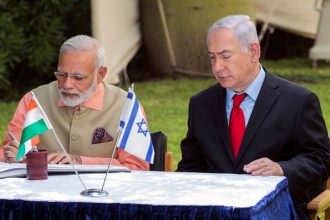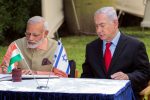BRASILIA, August 17 — Amid rows of sun-soaked vines, Brazil’s President Luiz Inácio Lula da Silva knelt to the soil—not just to plant grapes, but to send a powerful message.
The humble act of planting took on a deeper meaning this week as Lula spoke directly to former US President Donald Trump, urging for understanding, connection, and peace instead of political posturing and punitive tariffs.
“I hope you can visit someday so we can talk,” Lula said warmly in a video shared on social media, standing in a vineyard, soil still clinging to his hands. “Come and get to know the true Brazil—of people who love samba, carnival, football… and yes, even the United States.”
This heartfelt invitation comes as Brazil reels from Washington’s sudden imposition of 50% tariffs on Brazilian goods, including grapes—one of the very crops Lula was planting.
These are not just economic numbers. For farmers, small businesses, and export workers across Brazil, the tariffs threaten livelihoods and strain a long-standing trade relationship. Last year, Brazil recorded a US$284 million surplus in trade with the U.S.—a sign of interdependence now overshadowed by a political storm.
While the U.S. frames the tariffs as retaliation against what Trump calls a “witch hunt” targeting his ally, Jair Bolsonaro—Brazil’s former president—Lula is steering a different course. Bolsonaro currently faces trial over an alleged coup attempt in 2022, and the U.S. has even sanctioned Brazilian judges involved in the case.
But Lula isn’t backing down. He’s supporting Brazil’s judiciary and defending democracy, all while pushing back diplomatically against economic aggression.
His message is simple, yet powerful: “Plant food, not hate. Plant understanding, not conflict.”
In a world where headlines are dominated by division and power plays, Lula’s gesture under the grapevines reminds us that politics should serve people—and that healing begins with honest conversation.
“Let’s talk, President Trump,” Lula added, “so you can see the quality of the Brazilian people with your own eyes.”

